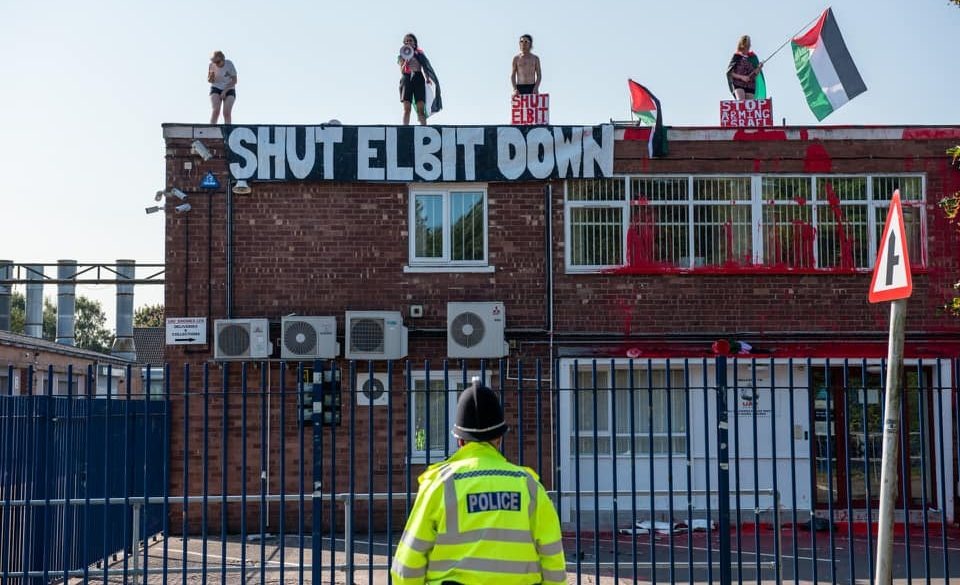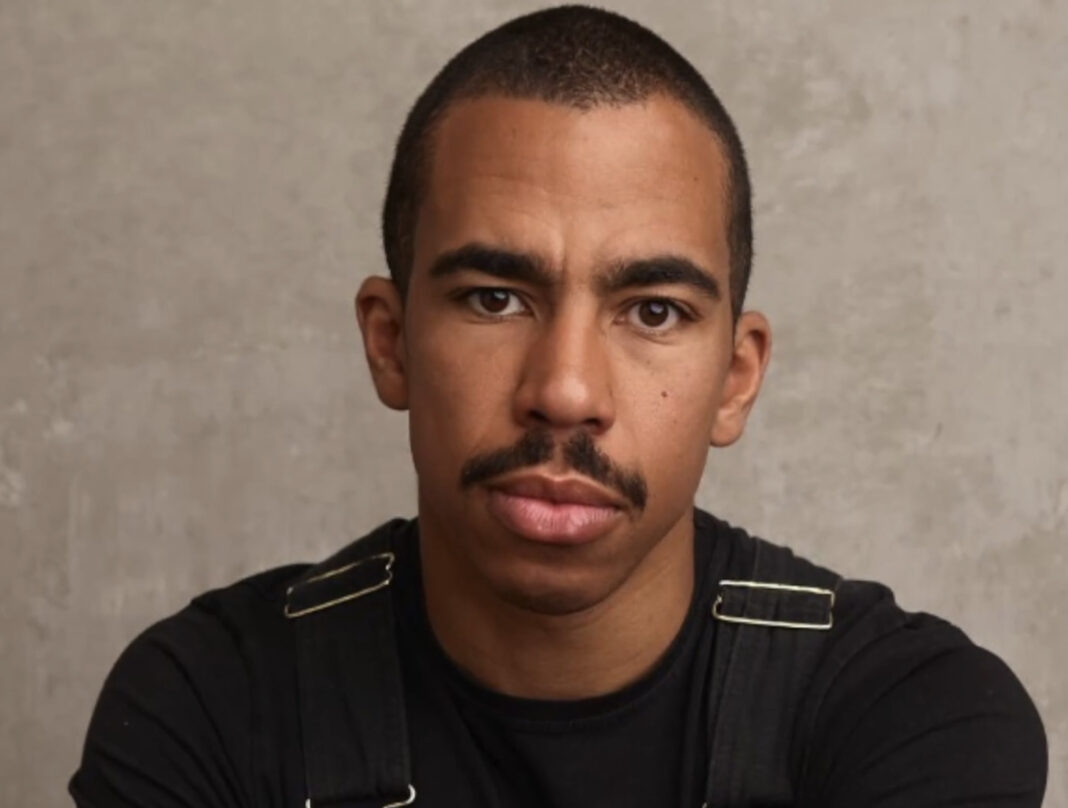On 13 November 2024, the UK Parliament’s International Development Committee fell into stunned silence as Professor Nizam Mamode—a retired British transplant surgeon—delivered emotional, detailed testimony from a month of volunteer work at Nasser Hospital in southern Gaza.
Mamode described the devastation inflicted by Israeli bombings and the suffering of children not only injured in the initial strikes but then deliberately targeted by drones as they lay wounded.
“A bomb would drop, maybe on a crowded, tented area and then the drones would come down,” Mamode told MPs. “The drones would come down and pick off civilians—children.”
Overcome with emotion, Mamode paused before continuing.
“We were operating on children who would say: ‘I was lying on the ground after a bomb had dropped and this quadcopter came down and hovered over me and shot me.’ That’s clearly a deliberate act and it was a persistent act—persistent targeting of civilians day after day.”
A veteran of the NHS and the former clinical lead for transplant surgery at Guy’s and St Thomas’ NHS Trust in London, Mamode told the committee that the youngest child he operated on was just three years old. He described extracting small cuboid pellets from the abdomens of children—ammunition he said came from Israeli drones.
“These pellets were in a way more destructive than bullets,” he said. “They would bounce around inside the body and cause multiple injuries—damage to the liver, spleen, bowel, arteries—from a single entry wound.”
Labour MP Sarah Champion, chair of the committee, called Mamode’s testimony “profound and deeply chilling” and urged the government to take seriously the prospect that international humanitarian law was being “egregiously broken” in Gaza.
Drones Built in Britain, Used in Gaza
Thousands of miles from the operating theatres of Nasser Hospital, British citizens have attempted to intervene—not as doctors, but as activists.
One such individual, William Plastow, took radical direct action at the Elbit Systems drone factory in Leicester, operated by Israel’s largest arms manufacturer. During Israel’s ongoing assault on Gaza in late 2023, Plastow drove his car into the factory’s security bollards and locked his neck to the steering wheel, blocking access to the facility.
The goal: to shut down the production of drones and weapons used in a campaign that, according to the Hamas-run health ministry, had already killed over 43,000 Palestinians by November 2024.
Plastow’s action was not isolated. Several months later, he was detained without charge for an entire week under terrorism legislation, interrogated repeatedly about a separate raid on Elbit’s new research and development hub in Filton, Bristol. That action, coordinated by Palestine Action, targeted the dismantling of equipment—allegedly including drone components—destined for use by the Israeli military.
Plastow is now one of the #Filton18, a group of activists facing criminal prosecution for disrupting the supply chain of weapons used in a foreign war.

Are the Protesters Actually Upholding the Law?
The legal questions raised by this case cut to the heart of the UK’s obligations under both domestic and international law. While the government has pursued prosecution of Palestine Action activists, a growing number of legal scholars and campaigners argue that these individuals may, in fact, be acting within their rights—and even fulfilling legal duties.
1. The Necessity Defence
Under common law, defendants may invoke the defence of necessity if they can show that their actions were taken to prevent a greater harm, and that no legal alternatives were available.
In the case of Plastow and the Filton 18, lawyers may argue that:
- The harm they sought to prevent—unlawful killing of children by drones—was grave and imminent.
- The British government had issued export licences for weapons to Israel despite widespread reports of civilian targeting.
- Disrupting factory operations was a proportionate, non-lethal attempt to prevent further war crimes.
This defence has seen some success in UK courts. In 2022, activists who occupied Elbit’s Shenstone site were acquitted by a jury after successfully arguing they were trying to stop war crimes.
2. Preventing Crime under UK Law
Section 3 of the Criminal Law Act 1967 allows individuals to use “reasonable force” to prevent crime. If drone parts produced in the UK are used in violations of international humanitarian law, then attempting to halt their production could be considered an effort to prevent crime—including:
- Complicity in war crimes;
- Aiding and abetting the targeting of civilians;
- Violating the UK’s own arms export criteria, which prohibit sales where there is a “clear risk” of misuse.
3. International Humanitarian Law
The UK is bound by several international treaties:
- The Fourth Geneva Convention, prohibiting targeting civilians in war;
- The Arms Trade Treaty, obligating states to stop arms exports if they might be used for genocide or war crimes;
- The Rome Statute of the International Criminal Court, which criminalizes aiding or abetting war crimes.
Citizens have not only a right, but arguably a duty under international law to prevent war crimes when their government fails to do so.
4. Human Rights Protections
The European Convention on Human Rights (ECHR) protects:
- Freedom of expression (Article 10),
- Freedom of assembly (Article 11).
Criminalizing proportionate protest aimed at preventing war crimes could be seen as a disproportionate restriction on these fundamental rights—especially when other legal channels have been exhausted or ignored.
A Case of Political Interference?
Beyond the courtroom, the Filton 18 case has sparked concerns about foreign influence over UK justice. Freedom of Information requests by Palestine Action revealed that the Israeli Embassy in London had direct contact with the UK Attorney General’s Office, counter-terrorism police, and prosecutors in connection with the case.
Legal observers have warned that such communication may amount to political interference in an ongoing prosecution—an extraordinary situation where a foreign state potentially shapes the outcome of a domestic legal process to protect its arms trade interests.
Four United Nations Special Rapporteurs have publicly condemned the UK’s use of counter-terrorism legislation against peaceful protestors, warning that it undermines civil liberties and the right to dissent.
From the Operating Room to the Factory Floor
Professor Mamode’s testimony has reverberated beyond Parliament. It has become a rallying cry for those who believe the UK must confront its role in enabling the humanitarian catastrophe in Gaza.
For activists like William Plastow and the Filton 18, the stakes are personal and political. They face prosecution, but many in the movement argue they are doing what the British government has failed to do: prevent complicity in murder.
“If we know what’s happening and we still allow it, then we are part of the crime,” said one Palestine Action supporter at a recent protest outside the Old Bailey.
As the bombs continue to fall and children continue to die, the line between protest and civic duty has blurred. The question now is whether the UK’s legal system will punish those who tried to stop the killing—or recognize them as among the few who tried to uphold the law when the state would not.




